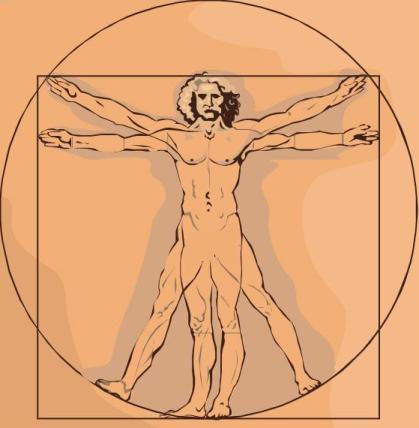
Why do we call ourselves human beings? Is there another kind of human?
Merriam Webster defines a “being” as “conscious existence” or “a living thing.” So, what other kind of human is there, if we aren’t all beings?
The answer, I’m afraid, is a shadowy reflection of who we have become as a society. I believe we, us humans I mean, have largely treated children as if they are not human beings … but rather human “becomings”… in other words, they are on their way to full “being” status but not quite there yet.
Why is it that so many people see children this way? Perhaps it’s because they don’t know how to mobilize for political clout. And why would they? They have no voice on election day anyway.
Could it be because of their physical limitations? I’m reminded of some brilliant minds that were attached to virtually useless bodies. Stephen Hawking, regarded by many as one of the greatest thinkers of our time, is a quadriplegic. Yet, his insights have challenged the thoughts of geniuses and forced the revision of textbooks in multiple levels of science and discovery. So the argument that a person must have some sort of physical ability to be considered a “being” is flawed, at best.
Maybe we don’t consider children as full-fledged “beings” because they don’t contribute on any measurable scale to the economy. I challenge that thinking. Sure, children almost never directly contribute to the labor force or economic stability of our communities … or do they?
While children aren’t pulling 9 to 5s (nor should they be), they contribute more to your economy than you may imagine. Consider the markets for toys, games, children’s clothing, baby food, diapers, and so on … and how many hundreds of thousands of jobs these products create — not to mention the billions of dollars spent purchasing these products each year.
Children may not produce much more than dirty diapers, but they are definitely consumers. Their influence on the national economy runs in the billions of dollars annually. Even if they didn’t have that type of economic impact, the argument that children can’t be treated as human “beings” because they don’t make money is a shaming and powerful indictment on our flawed value system.
Then something hit me really hard. Does the church see children as human beings or human becomings?
I’m ashamed to admit that the church I attend doesn’t even let children in the sanctuary. They actually have ushers at the doors to the sanctuary to discourage children from entering. Granted, the thinking here is that the sanctuary is for adult teaching and that we have classes for children to learn age-appropriate lessons. That’s wonderful. Age-graded curriculum is a must. But our children never see their parents in church … listening intently to the pastor … taking notes … worshipping.
During these crucial formative years, the church has treated them as human “becomings” who will be able to join us in worship “someday” just not today. This is where we should be most ashamed. Of all places, the church is where children should be treated as human beings. Psalm 8 tells us that “out of the mouths of babes” comes the power to silence the enemy. I don’t know about you, but that sounds like something I’d like to have in my church!
We have a road map from our Heavenly Father in which He tells us very clearly how important children are to Him. There are literally hundreds of verses in the Bible referring to children. Jesus said they were so important that it would be better to be tied to a two-ton rock and thrown into the ocean than to cause one of them to stumble.
So maybe … just maybe … we ought to start thinking about children differently. Maybe we need to start in our churches. That’s where we should be setting the example.
On a side note: as I was looking up the definition of a “being,” Webster decided to add a footnote that says “See also: Supreme Being.” Interesting, I thought. So I checked it out.
The definition for Supreme Being was simply one word:
God
That’s all it says … Supreme Being … noun … God.
